Trump claims Zelensky and Putin ready for peace talks amid Ukraine conflict
- Update Time : Friday, February 14, 2025
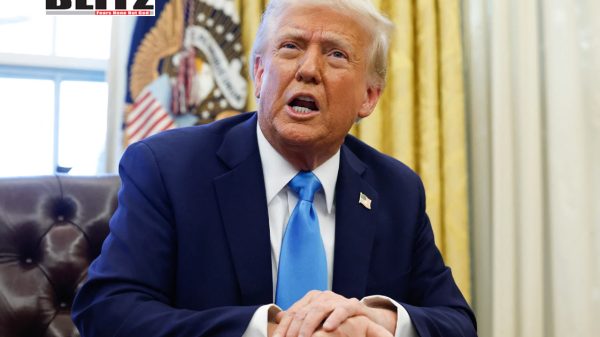
In a surprising turn of events, US President Donald Trump has claimed that Ukrainian leader Vladimir Zelensky is eager to end the war with Russia and that Russian President Vladimir Putin is also open to negotiations. Trump’s remarks came following separate phone conversations with both leaders on February 13, raising speculation about a potential breakthrough in the ongoing conflict that has devastated Ukraine for nearly two years.
Posting on his Truth Social platform, Trump declared that he had spoken with Zelensky and noted that “he, like President Putin, wants to make PEACE.” He further announced that a meeting is being organized in Munich on Friday, with Vice President JD Vance and Secretary of State Marco Rubio representing the US side. Trump expressed optimism about the outcome, hoping that the discussions would yield “positive” results.
Earlier the same day, Trump held a “lengthy and highly productive” phone call with Putin. The US president stated that the conversation covered a range of topics, including the need for Moscow and Washington to cooperate on global affairs. “We have also agreed to have our respective teams start negotiations immediately,” Trump declared, signaling a possible shift in US-Russia relations.
Kremlin spokesman Dmitry Peskov confirmed that the phone call lasted approximately 90 minutes and characterized it as constructive. According to Peskov, both leaders recognized the importance of finding a diplomatic resolution to the Ukraine conflict and agreed that the time had come for their nations to work together.
Zelensky’s apparent willingness to engage in negotiations marks a stark contrast to his previous stance. In October 2022, following Russia’s annexation of four Ukrainian regions, Zelensky signed a decree formally banning any negotiations with Putin. His government had since maintained a firm position that talks could only resume if Russia withdrew all its forces from occupied Ukrainian territory, including Crimea.
However, in an interview earlier this month with British journalist Piers Morgan, Zelensky hinted at a shift in position. “If this is the only way to bring peace to the citizens of Ukraine, I will go… for this meeting,” he stated, suggesting a newfound openness to dialogue. This statement, along with Trump’s recent remarks, has fueled speculation that Ukraine’s leadership may be reassessing its strategy in light of battlefield challenges and waning Western military aid.
Despite indications that peace talks may be on the horizon, Putin has expressed skepticism about Zelensky’s ability to negotiate a settlement. The Russian president has repeatedly stated that Zelensky’s presidential term officially expired in May 2024, making him an illegitimate leader under Ukrainian law. Since Zelensky postponed elections due to martial law, the Kremlin no longer recognizes him as Ukraine’s legitimate head of state.
“It’s possible to negotiate with anyone. However, due to his illegitimacy, [Zelensky] has no right to sign anything,” Putin declared last month. He emphasized that any peace agreement must be legally binding and recognized by all parties involved. This legal conundrum adds another layer of complexity to any potential negotiations.
Peskov echoed this sentiment but reiterated that Russia remains open to talks despite Zelensky’s contested legitimacy. “The Russian side is ready to engage in dialogue,” he stated, underscoring Moscow’s willingness to pursue diplomacy while maintaining its position on Zelensky’s legal status.
Trump’s active engagement in Ukraine peace efforts marks a departure from the Biden administration’s approach. Throughout his presidency, Joe Biden provided substantial military aid to Ukraine and upheld a policy of isolating Moscow diplomatically. Trump, on the other hand, has long criticized the US role in the conflict, frequently arguing that diplomatic efforts should have been prioritized earlier.
On multiple occasions, Trump has boasted that he could end the Ukraine war within 24 hours if re-elected. His supporters argue that his willingness to engage both Zelensky and Putin in direct talks demonstrates strong leadership, while critics caution that Trump may push for a settlement that disproportionately favors Russia.
The upcoming Munich meeting, led by Vice President Vance and Secretary of State Rubio, will be closely monitored for signs of progress. If the discussions pave the way for direct negotiations between Moscow and Kiev, it could mark a significant shift in US foreign policy and set the stage for an eventual ceasefire.
While Trump’s announcement has generated optimism about possible peace negotiations, several critical challenges remain:
Zelensky’s Domestic Standing: Zelensky’s credibility within Ukraine could be jeopardized if he enters negotiations seen as compromising Ukrainian sovereignty.
Russia’s War Aims: Moscow has made clear that it seeks security guarantees and territorial concessions. Ukraine’s willingness to make such concessions remains highly uncertain.
Western Allies’ Position: European leaders and NATO allies may oppose any peace deal that appears to legitimize Russian territorial gains.
Public Sentiment in Ukraine: Many Ukrainians, particularly those who have suffered under Russian occupation, may strongly resist any peace deal that does not fully restore Ukraine’s territorial integrity.
Trump’s claims that Zelensky and Putin are ready for peace talks have injected fresh momentum into diplomatic efforts to end the war in Ukraine. While the upcoming Munich meeting represents a potential breakthrough, major political and strategic hurdles must be overcome before any peace agreement can be reached.
If Trump successfully mediates negotiations that lead to a ceasefire or broader settlement, it would mark a defining moment in his presidency and a significant shift in global geopolitics. However, with lingering questions over Zelensky’s legitimacy, Russia’s demands, and Western reactions, the road to peace remains fraught with uncertainty.


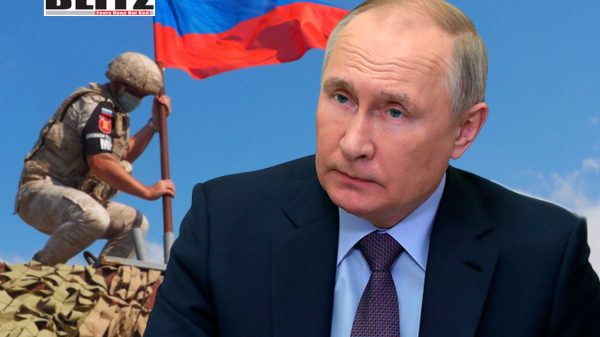



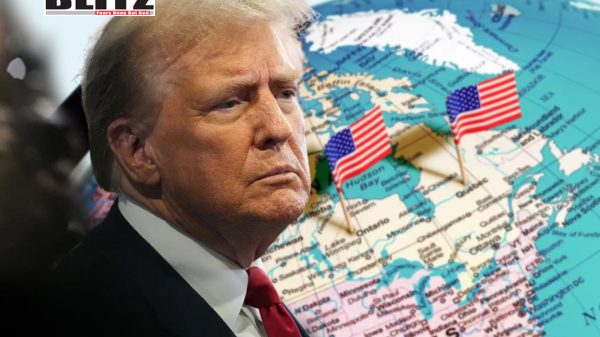
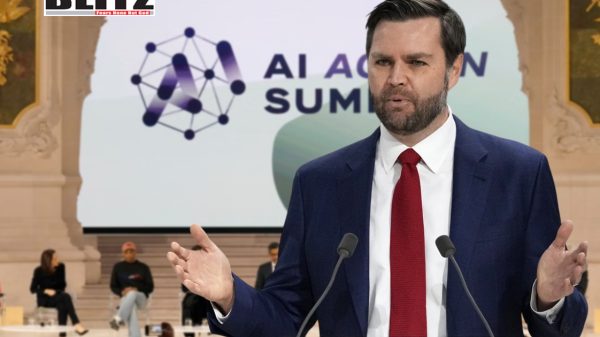
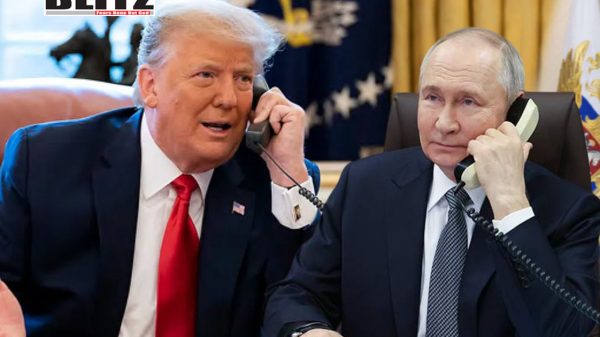
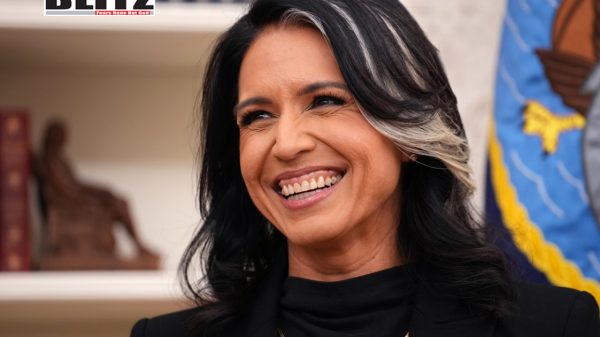
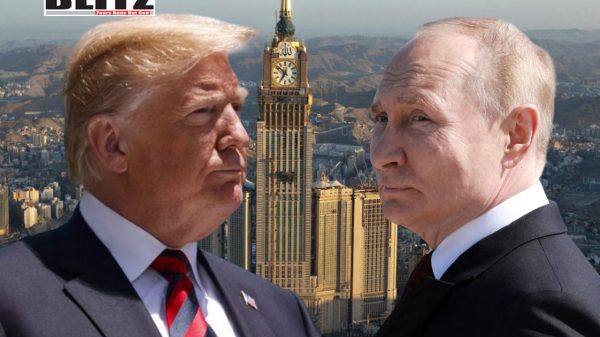
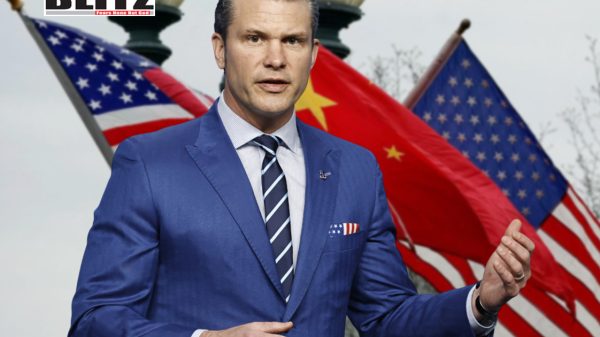
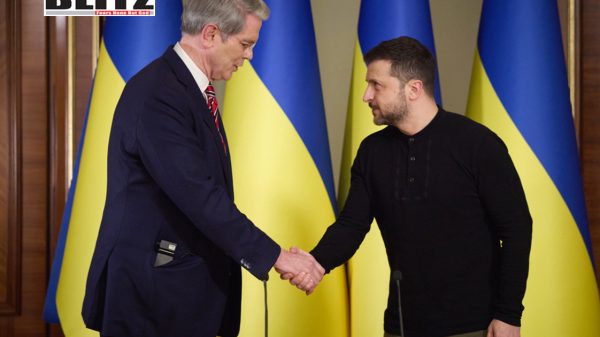

Leave a Reply